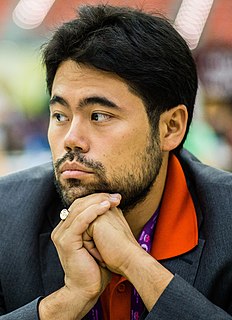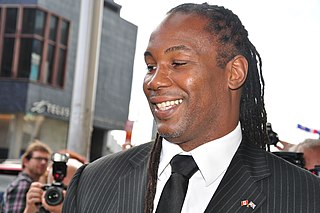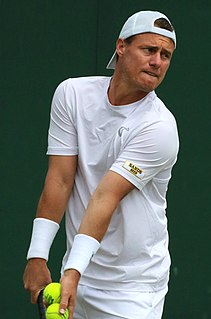A Quote by Hikaru Nakamura
When you watch chess, you don't see the four hours that the player spends preparing for a match ahead of time.
Related Quotes
I play chess about four hours a day in training camp. You have to decide what move to use, or what combination of moves. I think less when I box because the reaction time is a lot quicker, but some people call me the chess boxer because they say I think too much in the ring. I take my time and they don't see the action they want. Some boxers just go in there and just throw punches and hope to win.
For young players, their minds are not overloaded. I am 54 with four kids and I do many other things. Even if I stopped everything else, spent months working just on chess, for a long match against most of the top players, a classical match, six hours, say, I don't stand a chance. I have a better chance in shorter matches. Rapid is 25 minutes, or blitz events where you have five minutes to make a move, or bullet games, where it is one minute. For blitz, five-minutes chess, I would be top ten, top five. But longer games, no chance.
The 10,000-hours rule says that if you look at any kind of cognitively complex field, from playing chess to being a neurosurgeon, we see this incredibly consistent pattern that you cannot be good at that unless you practice for 10,000 hours, which is roughly ten years, if you think about four hours a day.
That movie [A Series of Unfortunate Events] told four books in two hours, and we have two hours per book. So we have eight hours to tell four books, and if people watch we'll get to tell more of them. There's only thirteen books, so there's only going to be two more seasons, but that allows for a lot of time to be in character and to maintain character.
Chess teaches foresight, by having to plan ahead; vigilance, by having to keep watch over the whole chess board; caution, by having to restrain ourselves from making hasty moves; and finally, we learn from chess the greatest maxim in life - that even when everything seems to be going badly for us we should not lose heart, but always hoping for a change for the better, steadfastly continue searching for the solutions to our problems.
I was a professional chess player in Romania, but only a small-time master. When I came to France, I continued playing chess for many years: I played tournaments in numerous countries with mixed results. I wrote and published a book - La Défense Alekhine and translated two others from Russian. I taught chess in schools; I earned more money through chess than through literature.































